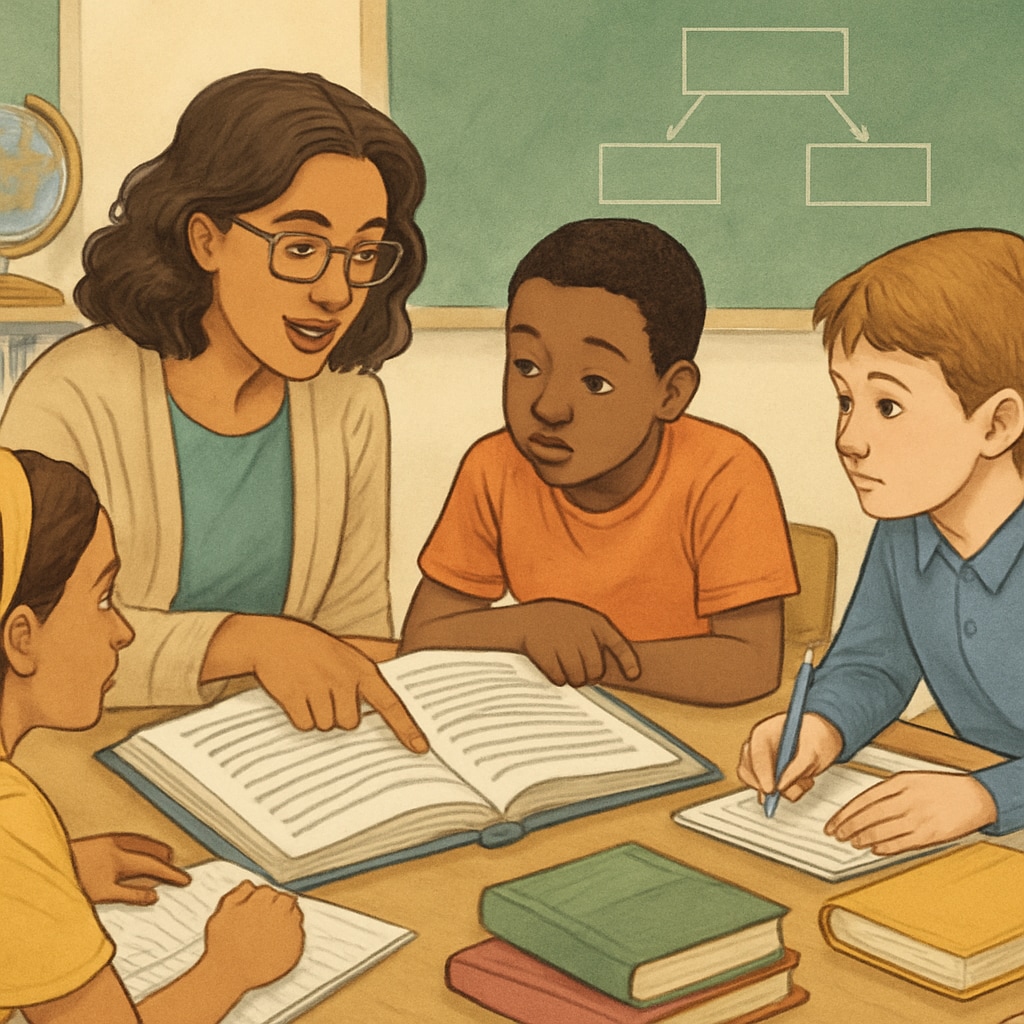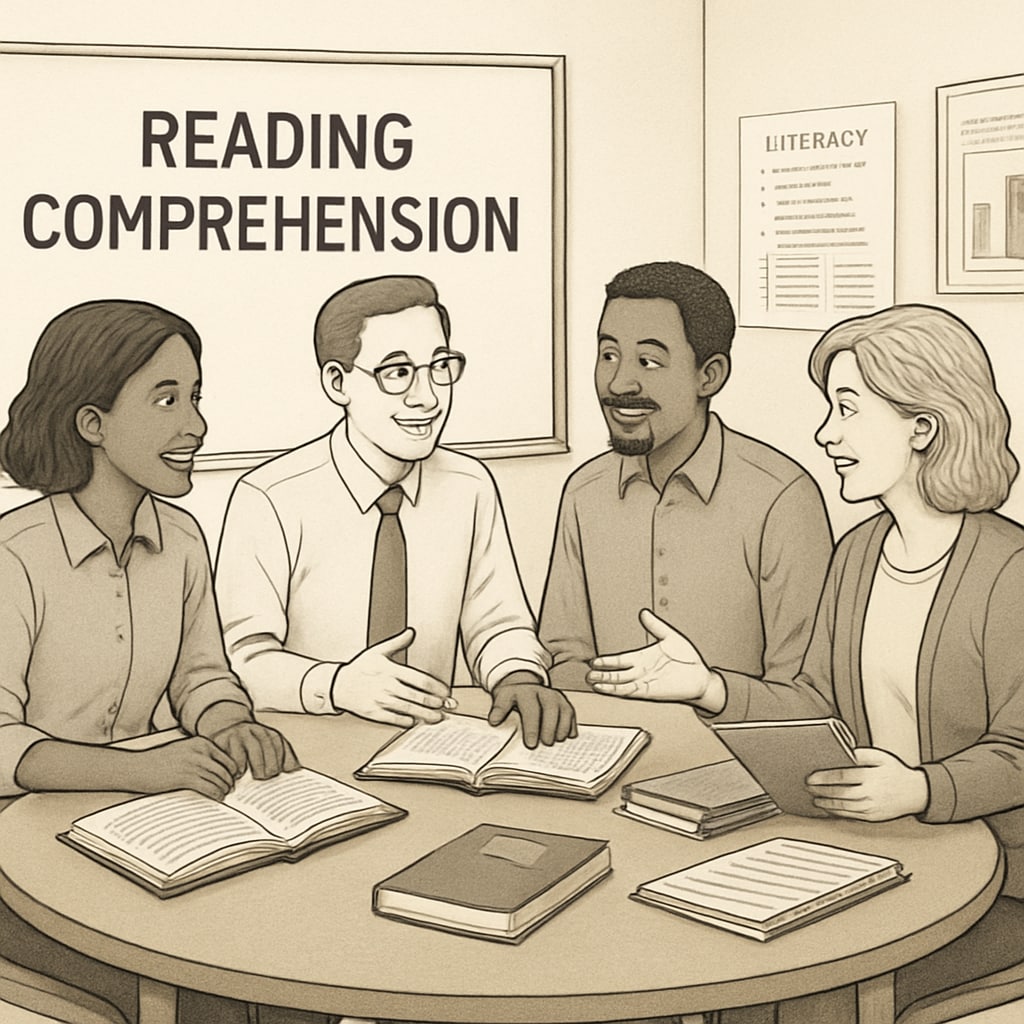Understanding “reading comprehension,” “text complexity,” and the role of “teacher volunteers” is essential to improving educational outcomes. These interconnected elements form the foundation of a growing body of research that aims to refine the strategies used in K-12 classrooms. Teachers, as frontline educators, are uniquely positioned to provide invaluable insights into how students interact with various texts. By dedicating just 30 minutes to participate in reading comprehension studies, teacher volunteers can significantly contribute to educational research, directly impacting students’ reading development.
The Importance of Exploring Text Complexity
Text complexity refers to the degree of difficulty a text presents to readers, encompassing factors such as vocabulary, sentence structure, and conceptual depth. For educators, understanding this complexity is critical to tailoring lessons that match students’ reading levels while also challenging them to grow. Research in this field aims to dissect these elements, providing data-driven approaches to improve reading comprehension.
For example, studies have shown that students benefit most when texts are carefully chosen to balance accessibility and challenge. Teachers who engage with research on text complexity can identify these “just-right” texts more effectively, ultimately fostering better reading outcomes. Their participation adds real-world insights that theoretical models alone cannot achieve.

Why Teachers Are the Ideal Participants in Reading Research
Teachers bring a unique perspective to reading comprehension research. They observe daily how students engage with texts, making them experts in identifying challenges and opportunities in the classroom. By volunteering in studies, teachers can:
- Provide firsthand observations that enrich research findings.
- Help bridge the gap between academic theory and classroom practice.
- Shape practical tools and resources tailored to diverse learning needs.
Furthermore, their involvement ensures that research outcomes are not just academically valid but also practically relevant. For instance, when teachers collaborate with researchers, they can test and refine intervention strategies, ensuring they are effective in real classroom settings.
How Teacher Volunteers Can Make a Difference
Becoming involved in reading comprehension and text complexity research does not require a significant time commitment. Many studies are designed to minimize disruption to teachers’ schedules. For example, a typical participation session may involve:
- Reviewing a sample text and sharing observations about its complexity.
- Providing feedback on student responses to reading tasks.
- Completing a short survey or interview about classroom practices.
These small contributions collectively lead to large-scale insights that benefit not only the individual teacher’s classroom but the broader education community. As a result, students across grade levels can gain access to more effective reading strategies and resources.

The Long-Term Impact on K-12 Education
The ultimate goal of researching text complexity and reading comprehension is to empower students with stronger literacy skills. Literacy is a cornerstone of academic success, influencing performance across all subject areas. When teachers contribute to this research, they play a direct role in shaping the future of educational practices.
For example, research findings might inform the creation of new reading curricula, professional development programs, or digital tools that adapt to students’ reading levels in real time. Teachers who participate in these studies are not only advancing their professional knowledge but also leaving a lasting legacy for generations of learners.
In conclusion, the collaboration between teachers and researchers is a vital step toward decoding text complexity and enhancing reading comprehension. By dedicating just 30 minutes to such efforts, teacher volunteers can drive meaningful change in K-12 education, ensuring that every student has the opportunity to become a confident and capable reader.
Call to Action: If you’re a teacher interested in shaping the future of literacy education, consider volunteering in a reading comprehension study today. Your insights could make all the difference.


